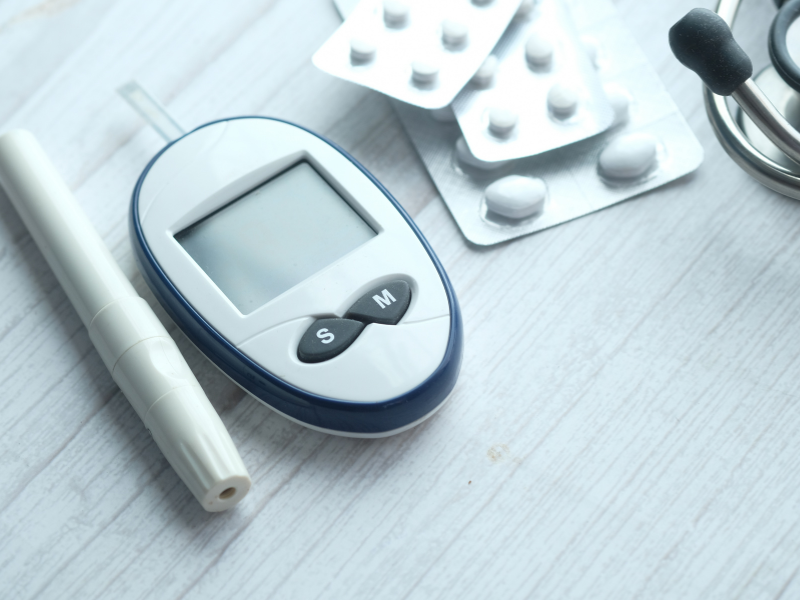by 26 Oct 2023

Every year, millions of Muslims from around the world embark on a spiritual journey to the sacred cities of Makkah and Madinah in Saudi Arabia to fulfil their religious obligations of Hajj and Umrah.
Saudi Arabia has time and again demonstrated a strong commitment to enhancing facilities and ensuring the well-being of pilgrims, with safety as a top concern. In recognition of the unique needs of diabetic individuals, the Saudi state agency responsible for the two holiest sites in Islam, Makkah and Madinah, has offered tips and guidance to ensure a safe pilgrimage for all.
Medication and Sufficient Food Intake
Pilgrims are strongly advised to start their Umrah rituals only after taking their prescribed medication and having sufficient food intake, so that it provides the energy required to undertake the pilgrimage.
Monitor Blood Sugar Levels
Maintaining a proper blood sugar level is important, especially during physically demanding activities, such as the pilgrimage. If at any point they feel a drop in blood sugar level or feel weak, it is recommended that they temporarily halt their rituals until they feel better.
Foot Protection
Walking is a huge part of the pilgrimage experience, and pilgrims often cover extensive distances. To protect their feet from potential harm, pilgrims are encouraged to wear comfortable and well-fitted footwear.
Medication Supplies
Pilgrims should have a sufficient supply of their prescribed medications with them at all times, and it is advisable to carry extra in case of any emergencies.
Hydration
Staying well-hydrated is essential during the pilgrimage, especially in the hotter months and in the hot climate of Saudi Arabia. It is advisable to drink plenty of water to ensure your overall well-being!
Use Electrical Shavers
For the final ritual of Umrah, Tahallul, which involves cutting or shaving one’s hair, it is generally recommended to use electrical shavers instead of razor blades. This precaution minimises the risk of cuts or nicks that could lead to infections.
Seek Medical Assistance
In the event of any health issues or emergencies, pilgrims are encouraged to seek medical assistance at the health centres available in the vicinity of the holy sites.
By following these tips and guidelines, pilgrims can participate in their religious rituals while minimising health-related risks, insha’Allah. As with any medical condition, it’s crucial for pilgrims to consult with their healthcare providers before undertaking the pilgrimage to ensure their safety and well-being.